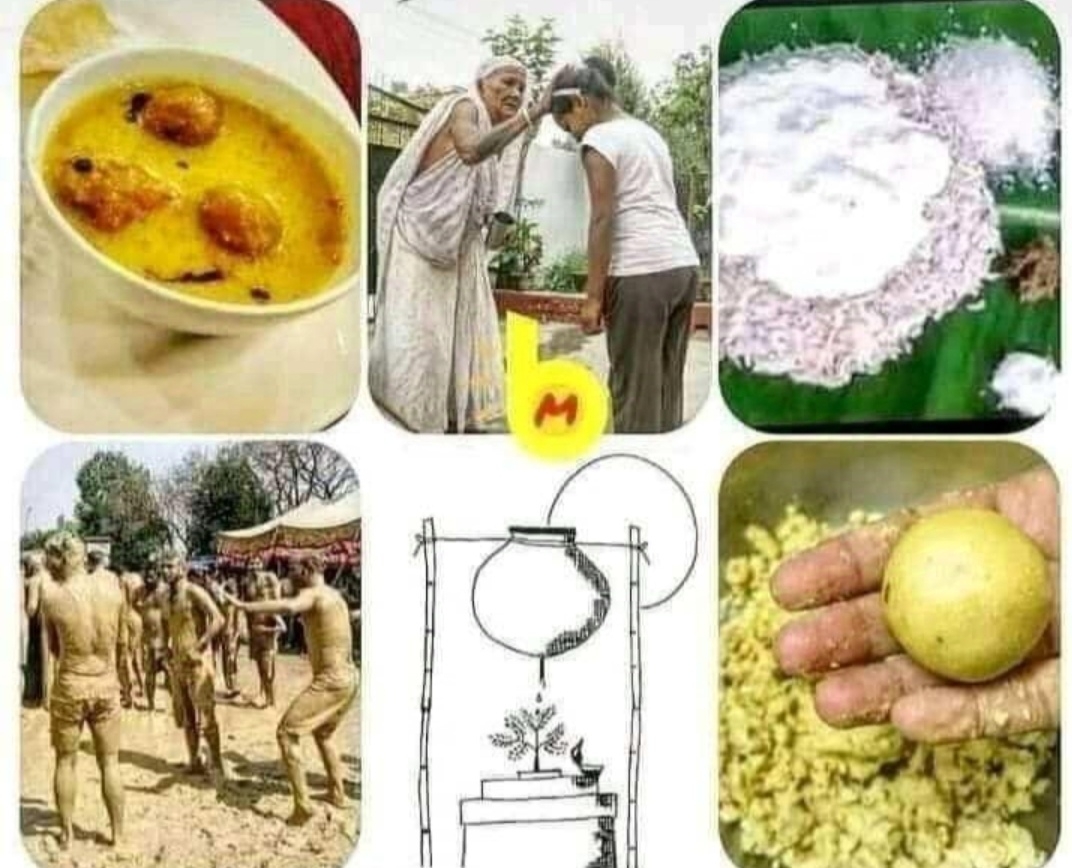Pandit Jawaharlal Nehru (14 November 1889 – 27 May 1964)Term: 15 August 1947 – 27 May 1964 | Party: Indian National Congress
Pandit Jawaharlal Nehru (14 November 1889 – 27 May 1964)
Term: 15 August 1947 – 27 May 1964 | Party: Indian National Congress
Early Life and Education
Pandit Jawaharlal Nehru was born on 14 November 1889 in Allahabad (now Prayagraj) into a wealthy and well-educated family. His father, Motilal Nehru, was a renowned lawyer. Nehru received his early education at home from private tutors. At the age of fifteen, he went to England, where he studied for two years at Harrow School. He later graduated with a degree in Natural Sciences from the University of Cambridge. He pursued law at the Inner Temple and returned to India in 1912.
Beginning of Political Career
In 1912, Nehru attended the Indian National Congress session in Bankipur as a delegate for the first time. In 1916, he met Mahatma Gandhi, an encounter that deeply influenced him. In 1919, he became the Secretary of the Home Rule League in Allahabad, and in 1920, organized the first peasant march in Pratapgarh, Uttar Pradesh. During the Non-Cooperation Movement (1920–22), he was imprisoned twice. In September 1923, he became the General Secretary of the All India Congress Committee. In 1926, he traveled to Europe and attended the 'Conference of Oppressed Nationalities' in Brussels as an Indian representative. In 1927, he visited Moscow and participated in the tenth anniversary of the October Revolution. At the Madras Session (1926), he played a key role in steering the Congress toward the goal of complete independence.
Contribution to the Freedom Struggle
In 1928, Nehru led a protest march in Lucknow against the Simon Commission and was injured in a police lathi-charge. That year, he also participated in the All Parties Conference and signed the ‘Nehru Report’ drafted by his father Motilal Nehru. He established the 'Indian Independence League' and became its General Secretary. In 1929, he was elected President of the Congress at the Lahore session, where the resolution for 'Purna Swaraj' (complete independence) was passed. Between 1930 and 1935, he took part in several movements including the Salt Satyagraha and was imprisoned multiple times. During his imprisonment in Almora Jail, he wrote his autobiography "Toward Freedom". Between 1936 and 1938, he traveled to Switzerland, England, Spain, and China, advocating for freedom, democracy, and human rights.
Quit India Movement and Final Imprisonment
During World War II, when the British government involved India in the war without consulting Indian leaders, Nehru strongly opposed it. As a result, he was arrested on 31 October 1940. After being released in December 1941, he proposed the 'Quit India Movement' at the Congress meeting in Bombay in August 1942, which was passed on 8 August. He was arrested the same night and imprisoned at Ahmednagar Fort — his longest and final imprisonment. Over his lifetime, Nehru was jailed nine times. After his release in 1945, he defended officers of the Indian National Army in court. In 1946, he toured Southeast Asia and was re-elected Congress President in July. He held this position three more times between 1951 and 1954.
First Prime Minister of Independent India
With India’s independence on 15 August 1947, Pandit Nehru became the first Prime Minister of the country. Under his leadership, India pursued industrial growth, scientific and technological advancement, educational reform, and economic planning through Five-Year Plans. He laid the foundation of India’s non-aligned foreign policy and positioned India as a respected voice on the global stage.
Death and Legacy
Pandit Nehru passed away on 27 May 1964. His contributions to building modern India are etched in golden letters in Indian history. He was not only a statesman but also a thinker, writer, and visionary leader.
Legacy
- Affectionately known as ‘Chacha Nehru’ by children
- Author of timeless works like "The Discovery of India" and "Toward Freedom"
- Architect of Indian democracy, secularism, and scientific temper
- His birthday, 14 November, is celebrated as Children’s Day every year in his memory.




टिप्पणियाँ
एक टिप्पणी भेजें